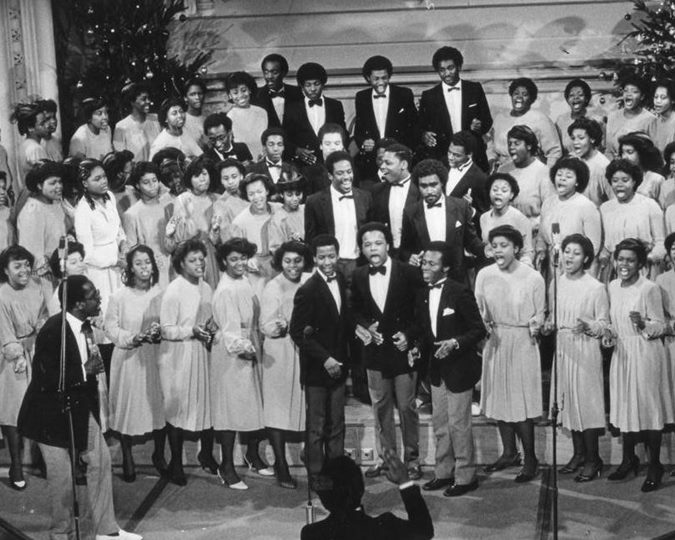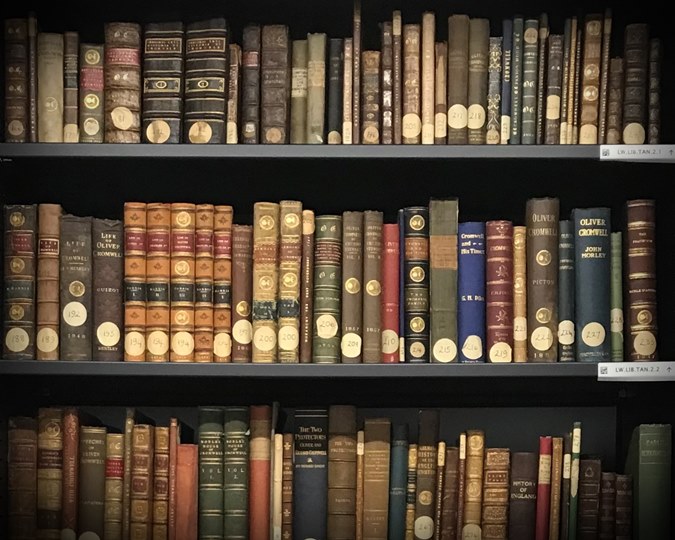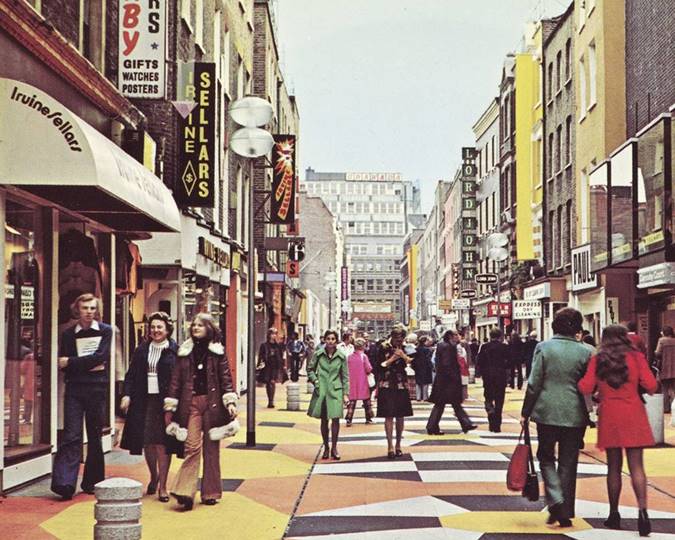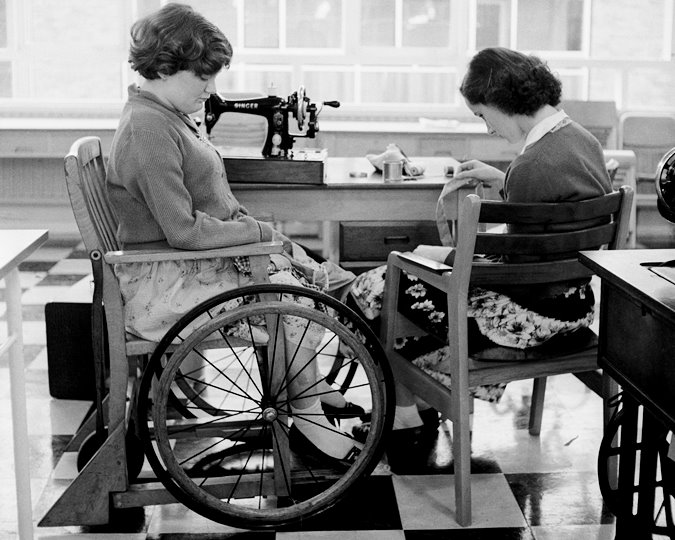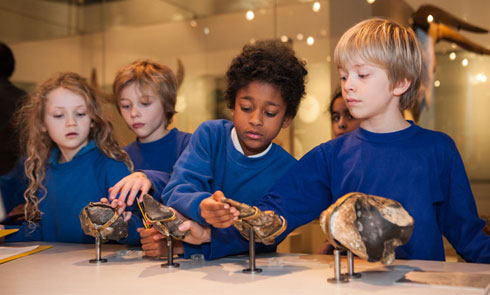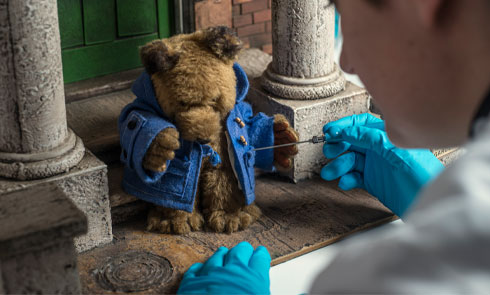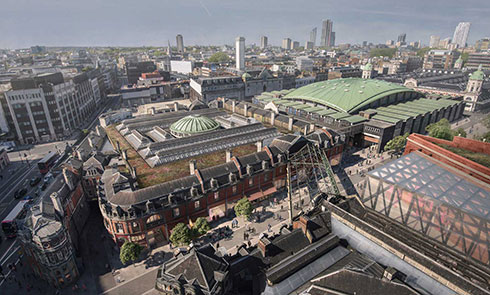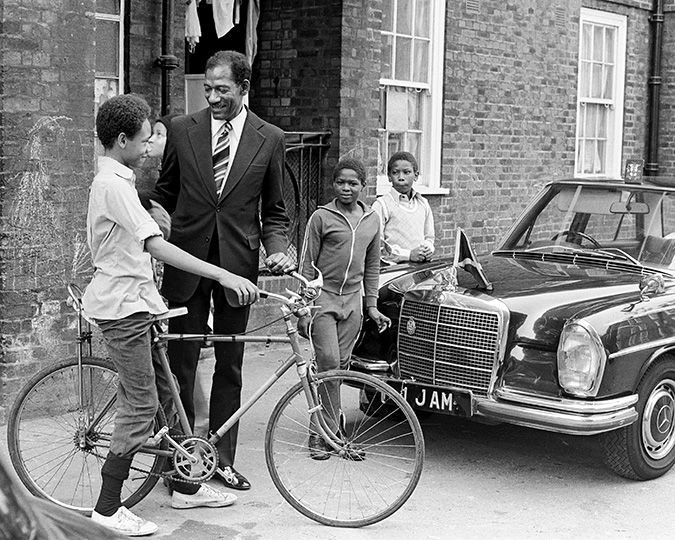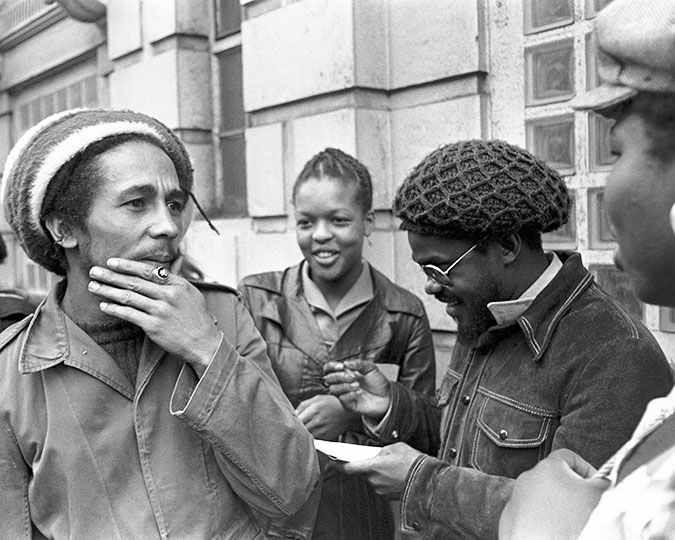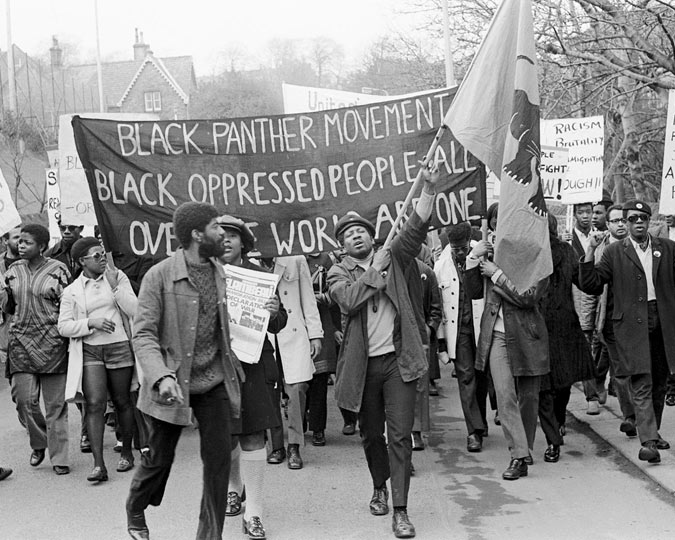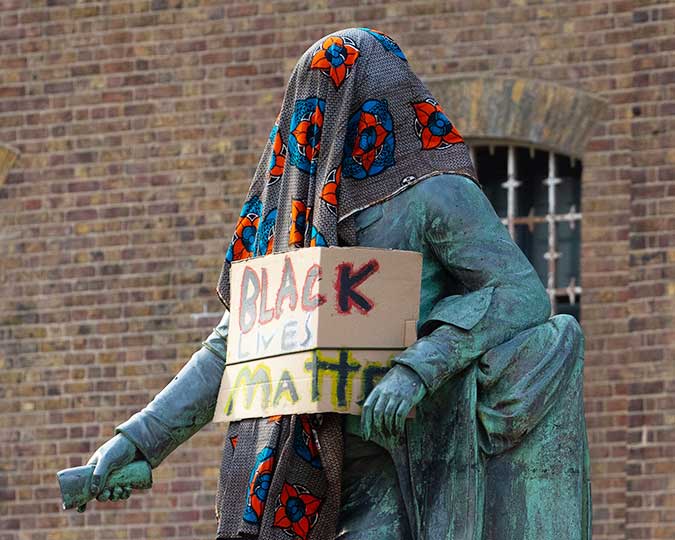How do we communicate through objects? What does representation mean? And whose stories are told in our collections and archives? Four newly produced short films delve into such questions by exploring objects and individuals in collections across the Culture Mile.
“Any sign that says you’re not welcomed, it’s important to open that door.” Liz Johnson Artur
‘Our Stories’ is a series of four short films which delve into experiences of Black Londoners, through the stories of objects and individuals. The films explore a range of themes including race, migration, colonialism, representation, and resistance. They were developed collaboratively between the two poets, photographer and archivist they feature, and four Culture Mile Learning partners: the Museum of London, St Paul’s Cathedral, Guildhall Art Gallery and London Metropolitan Archives.
Liz Johnson Artur
Liz Johnson Artur is a Ghanaian-Russian photographer whose work documents the lives of Black people from across the African diaspora. Born in Bulgaria, she has lived and worked in London since the early 1990s. Here Liz talks about ‘Top shelf,’ a photographic piece created for the Guildhall Art Gallery capturing moments of everyday life for South Londoners, mostly in Brixton and Peckham. ‘Top Shelf’ explores themes of family, love and friendship whilst bringing into focus some of the cultural nuances within the communities photographed.
“I think we can demand to go to a place like this gallery, which is in the heart of London, and to encounter art that relates to all of us. So hopefully, in 50 years’ time, it’s not a big deal to see pictures like mine in a gallery like this.”
Victoria Adukwei Bulley
Victoria Adukwei Bulley is a poet, writer and filmmaker. She is also the director of MOTHER TONGUES, a poetry, translation and film project exploring the indigenous language heritages of Black poets. Here Victoria talks about a 1958 performance at St Paul’s Cathedral by Paul Robeson, the American singer, actor, and Black activist. Around 4,000 people attended this performance which raised money for the Defence in the South African Treason Trials, in which Nelson Mandela and 155 others, were accused of treason. Victoria also reads her poem ‘Old Man,’ commissioned by St Paul’s Cathedral and inspired by Robeson’s performance.
“I think there is a real burden of responsibility in thinking about one’s impact as an artist, or as anyone, you know. Not just making work for the sake of it but thinking about the reverberation that it can have on the world, and how we can be part of something bigger than our own creativity.”
Adisa Stephen-Ezeocha
Adisa Stephen-Ezeocha, also known as Adisa the Verbalizer, is a poet born in Luton and now living in London. Author of ‘Lip Hopping with the Fundi-Fu,’ Adisa captivates children of all ages through his live performances and workshops. When asked to choose an object in the Museum of London collection which resonated with his own life experiences, Adisa chose to speak about a crochet doily made by a member of the Hackney Elderly Caribbean Organisation. The film reflects on his experiences of growing up in Luton, with parents from Montserrat and St Vincent, and what home meant to him and his family.
“I think the pristine front room was more than just a room. It was a metaphor. No matter where you came from in the Caribbean, coming to the UK you were instantly put as working class and you could have come as a professional. But the idea that the front room represented was: ‘I have a standard, I have culture, I have taste’.
Rebecca Adams
Rebecca Adams works as an archivist at the London Metropolitan Archives. Her current work focuses on cataloguing the Mollie Hunte Archive. Mollie Hunte was born in Guyana in 1932. She came to England to continue her higher education and became an educational psychologist, supporting young people in particular. She founded and co-founded many organisations including the Caribbean Parents Group (1975) and the Caribbean Parents Group Supplementary Schools (1978), which were set up to support Black families with education, mental health and money management.
“We should all really support each other and really support our communities, making sure that we continue to advocate not just for others but also for ourselves.”
A range of digital resources have been produced to accompany the films which aim to support secondary school teachers to incorporate Black British history, arts, and culture into the curriculum. These include further information about the objects and the artists featured in the films, and suggestions for discussion points and activities based on their content.
If you are a teacher, you can access these resources on the Culture Mile website.

